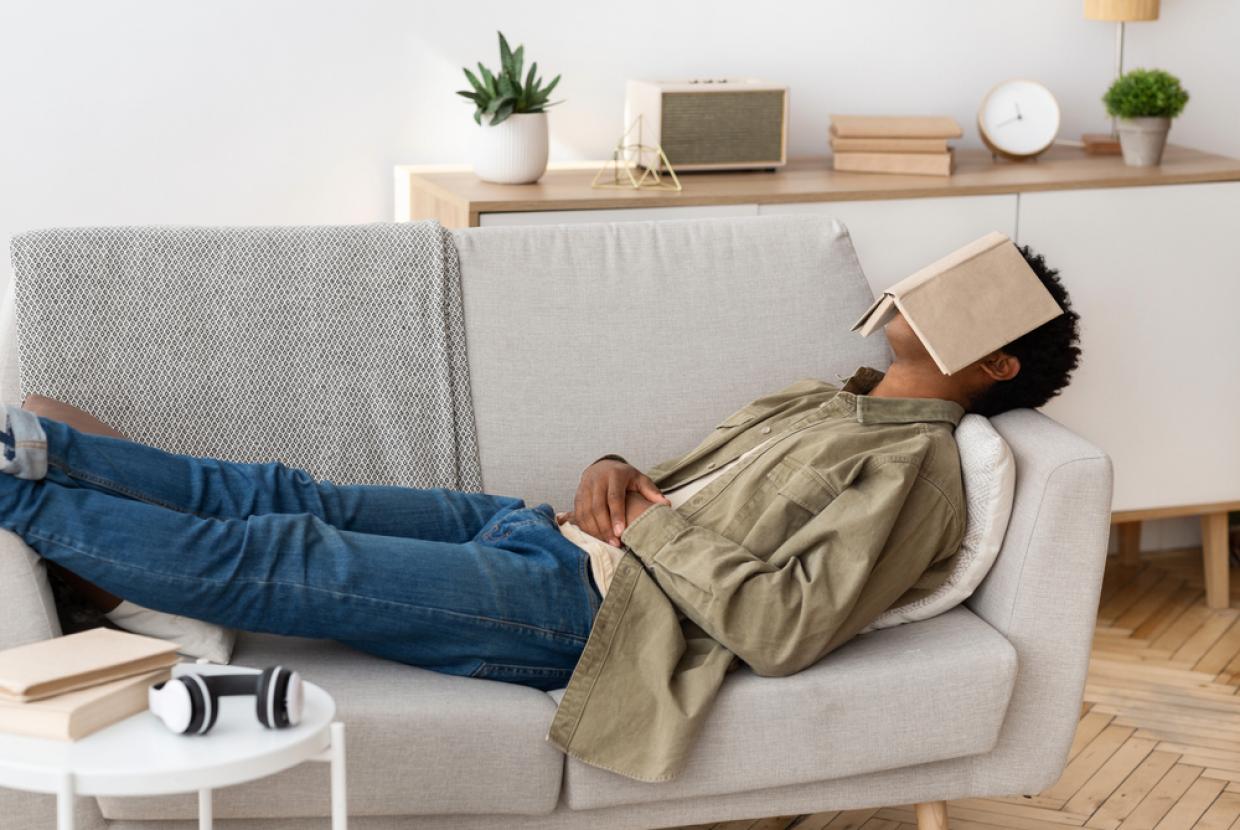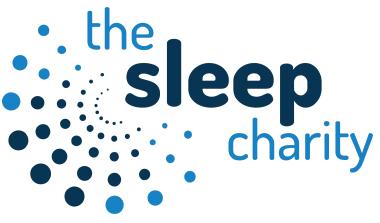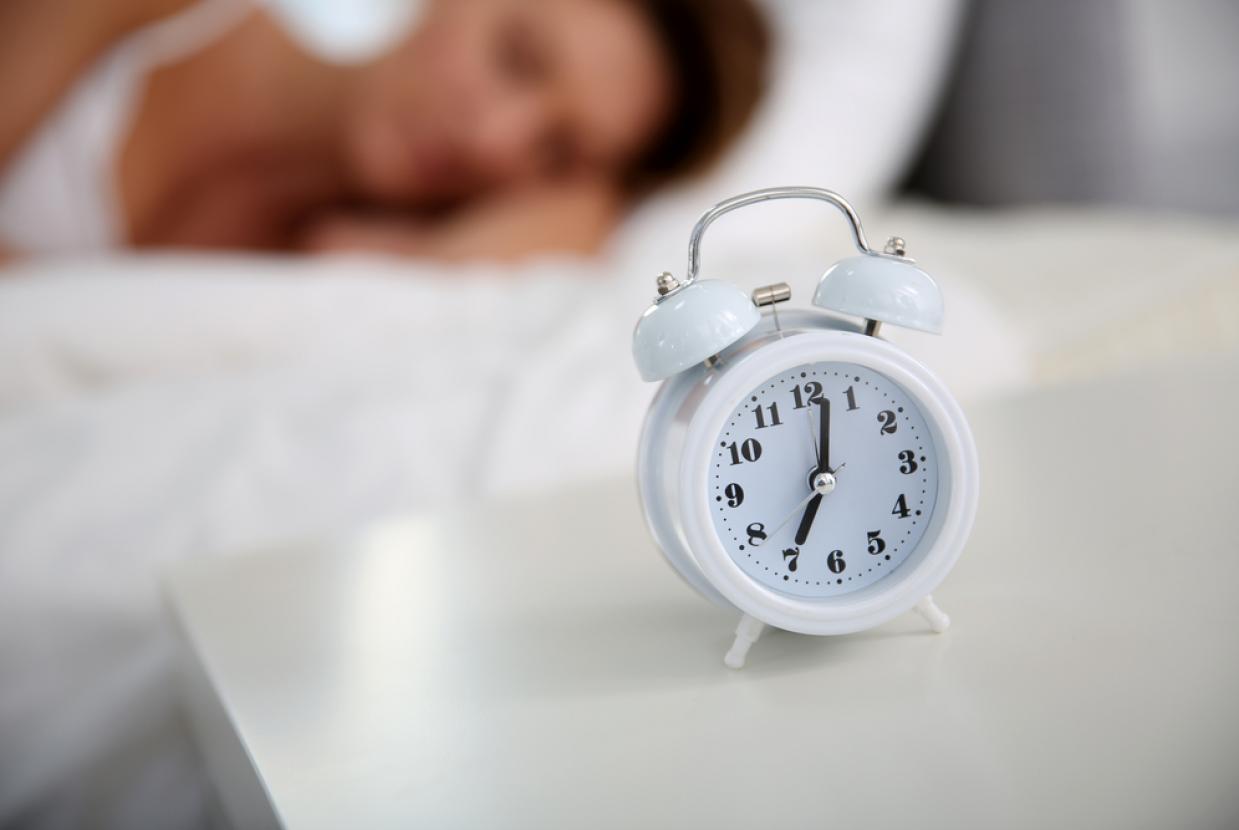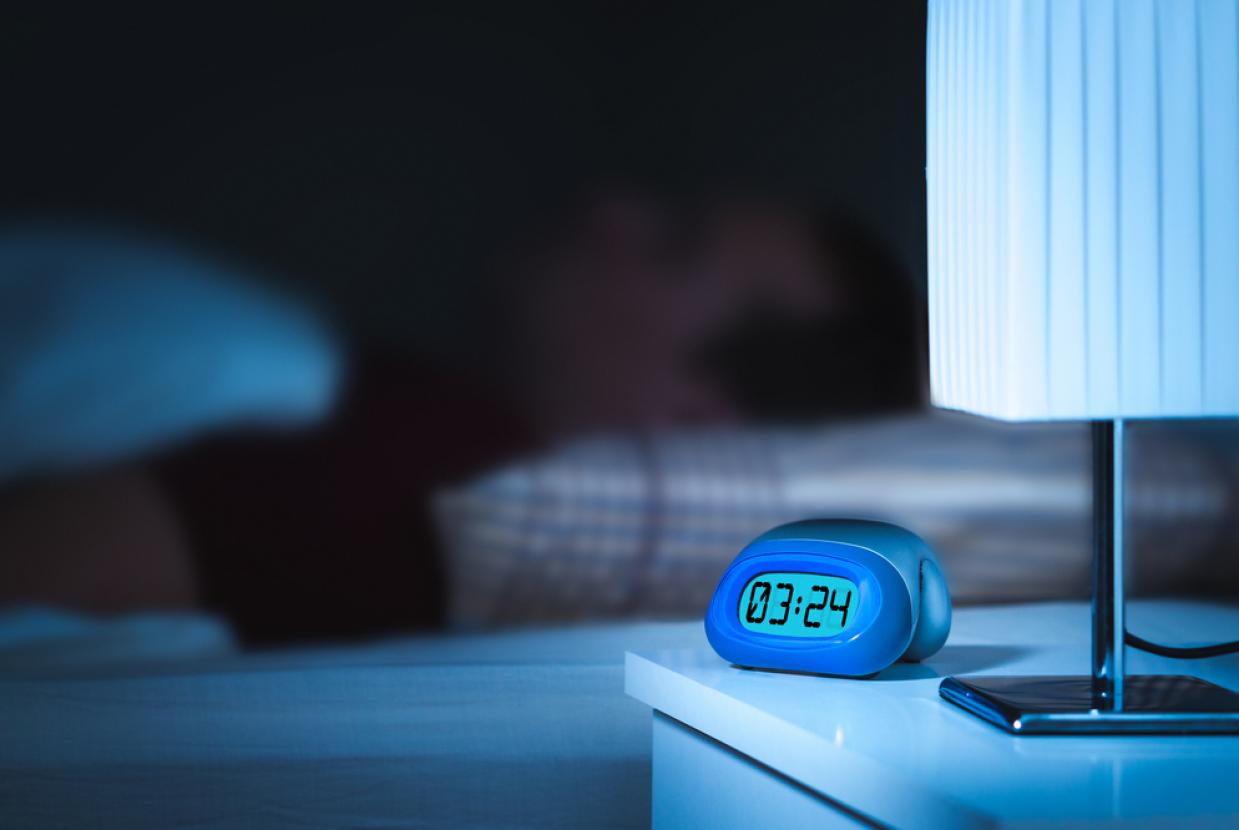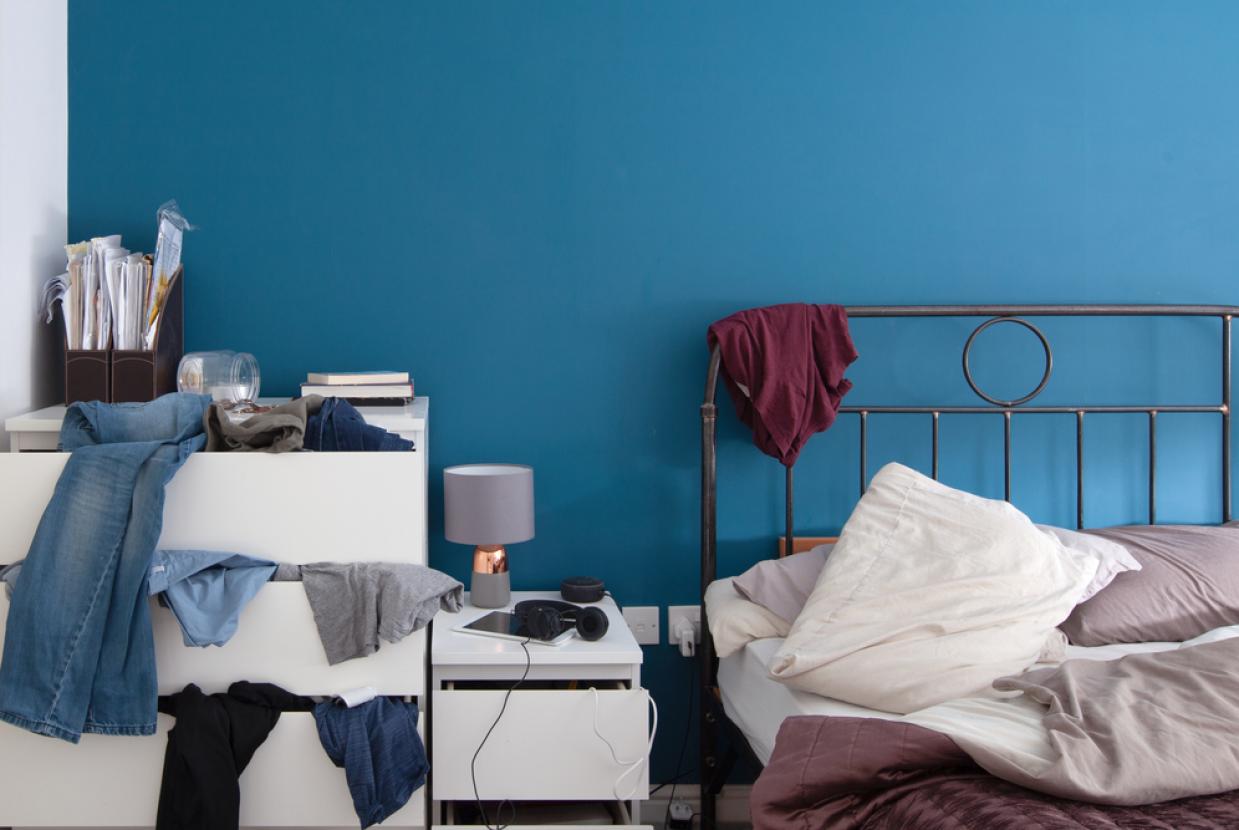Napping
The subject of napping is one that often comes up – is it good for you or is it bad? How long should you nap for? And does it make up for lack of sleep?
Are naps good for you? Or best avoided?
Napping is not generally encouraged as it can have an effect on night-time sleep. However, if you haven’t slept well, or are feeling fatigued, a short kip can give you as much energy as two cups of strong coffee, but the effects are longer lasting. A planned daytime nap can help improve alertness and memory and relieve stress and fatigue.
If you regularly experience insomnia or poor sleep quality at night, napping might make these problems worse. Equally if you find yourself needing a nap most days, the chances are you aren’t sleeping very well so it’s important to look at your sleeping patterns and consider consulting a GP.
What is the best time of day to nap?
The post lunch lull (between 1pm and 3pm) is one of the best times to nap. It’s when our sleep urge has a peak and our sleep need starts to increase. Napping too late in the day, e.g. 4pm can impact on night time sleep.
What is the ideal duration of a nap, and why?
A power nap of 20 to 30 minutes is sufficient to turn off the nervous system and recharge the whole body and improve alertness – any longer, though, is long enough to put you in a deep sleep and leave you feeling groggy when you wake.
Is it best to nap on the sofa or bed?
It’s important to make sure you have a restful place to lie down – whether that’s the bed or sofa – but you also need to create a restful environment, one that’s quiet, cool and dark so that you fall asleep faster.
Are there any tips/aids to help naps be more restful?
Use an eyemask or ear plugs to help block out light (light stops us sleeping!) and remove noise. If you’re feeling tired but can’t nap, use the time to just relax.


